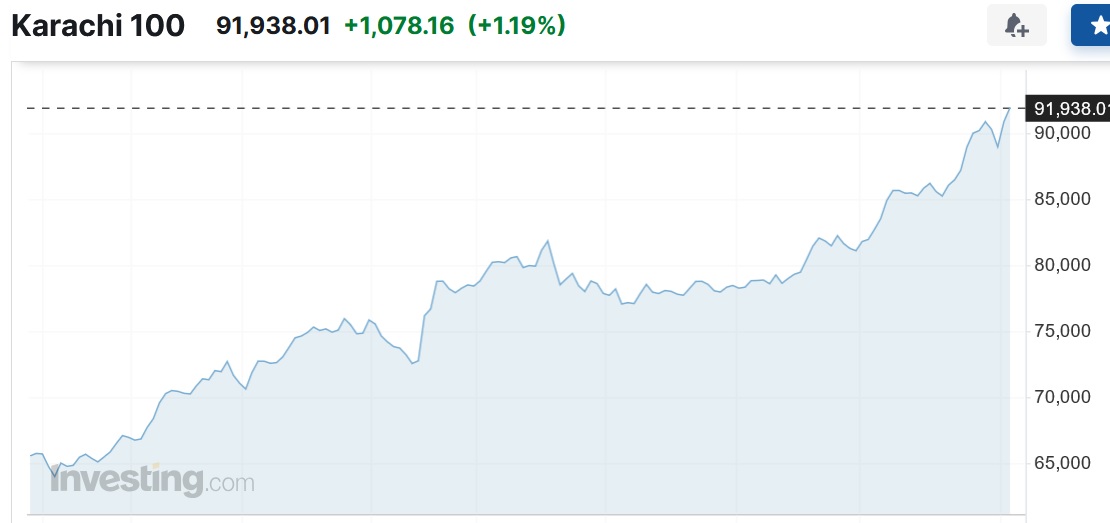Islamabad, Pakistan: The Parliament on Monday confirmed its supremacy by adopting much-needed bills for extending the tenures of all armed services chiefs from three to five years and increasing the strength of judges in the Supreme Court as well as in High Courts. All the bills were signed by the President on the same and they are enforced already.
Defence Minister Khawaja Asif presented amendments to the Pakistan Army, Navy, and Air Force Acts, for extending the tenure of all military chiefs from three to five years. The act also provides the power to the President for reappointment in armed forces.
The amendments remove previous age limits and extend tenure options, enabling the Chief of Army Staff and other military leaders to continue serving as generals beyond the earlier prescribed age of 64 years.
The power of the Parliament ensures the continuity of strategic policies
By another bill presented by the Law Minister Azam Nazeer Tarar, the number of Supreme Court judges has increased to 34 from 17. Additionally, judges in the Islamabad High Court have been raised from nine to 12.
These legislative moves reflect the government’s focus on judicial reform and the standardization of military leadership tenures, addressing institutional demands and fostering continuity.
According to the Army Act, the tenure of the Chief of Services was fixed for three years, which has been increased from three years to five years. This is a very important and welcoming decision as it will provide continuity strategic policies and would enable sitting Chiefs to plan futuristic developments in their respective forces under their command. It was quite a difficult task to take any major policy decision-making and initiative to its logical conclusion in the services and at the national policy level in a short period of three years because the implementation of major decisions takes time. Meanwhile, when a new leadership comes after the tenure ends, it affects the ongoing policy and the work starts afresh consequently both the service and the country are affected by the change. The job has been for five years which will greatly benefit the continuity and stability of the policies.
On the other hand, the number of judges in the Supreme Court has increased from 17 to 34, which will definitely increase the efficiency of the Supreme Court and make it easier to deliver justice to the people.

Gen Asim Munir has been adamant about solving the economic crisis in Pakistan by setting up the Special Investment Facilitation Council, intending to bring in billions of dollars of investment from abroad, especially from Pakistan’s Gulf allies. The economic crisis, led to the Pakistani rupee devaluing to its weakest in its history, valuing at 308 per dollar when currency smuggling to Afghanistan was at its peak. To strengthen the rupee, he initiated crackdowns on the black market, which had been selling dollars illegally, harming the rupee. These crackdowns were successful, and the Pakistani rupee rebounded to become the world’s best-performing currency in September 2023.
The change in the tenure of the COAS will help Gen Asim Munir with strategic planning he has in his mind that is surely based on self-reliance and sovereignty and both are deeply rooted in the strong economy of any country therefore, he had been working to create economic opportunities for Pakistan. Now, Pakistan’s share market has become the most promising in South Asia, and Karachi 100 Index has broken all previous records and is at 91,938.
